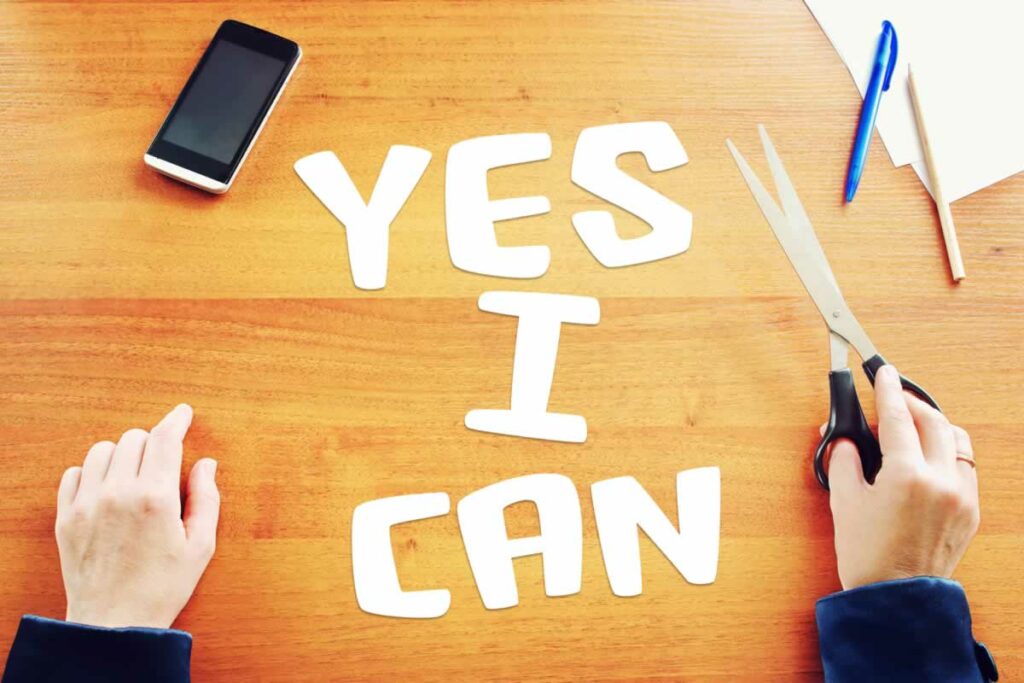Self-efficacy means believing in yourself to achieve goals. When students have self-efficacy, they’re more likely to take on tough challenges, work hard, and not give up easily. They think they can make things happen, and they don’t blame problems on outside things.
To help students build self-efficacy, teachers can do two important things:
- Empower Through Real Learning: Instead of just telling students all the answers, good teachers ask questions and let students figure things out. Students feel more powerful and confident When they connect what they learn to their own lives.
- Clear Expectations and Trust: Teachers should be very clear about what they want students to learn. Sometimes, teachers assume students know things they don’t. It’s also essential to give students tools and guidance, so they can work on their own.

Trust is vital, too. Teachers should trust students to do well and show care when students face challenges. Trust helps students trust themselves and others.
Having routines for learning, just like we have routines for managing the classroom, tells students that teachers believe in them and expect them to become independent learners.
Building self-efficacy is important because it helps us in life, no matter what we face. When we believe in ourselves, we’re stronger, and we can follow our dreams with confidence. So, remember, self-efficacy is a key to success in school and in life.
